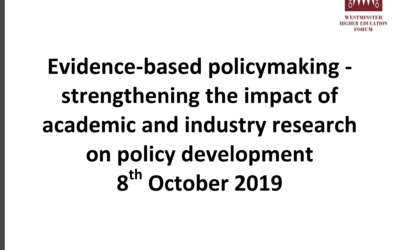Further Reading and Resources:
Artificial Intelligence (AI)
AI provides computers with the ability to make decisions and learn without explicit programming. AI technologies power intelligent personal assistants, such as Apple Siri, Amazon Alexa, ‘Robo’ advisors and autonomous vehicles.
There are two main branches:
Knowledge-Based Systems (KBS)—are computer programs that reason, and knowledge is explicitly represented as ontologies or rules rather than implicitly via code. KBS can be subdivided into:
- Rule-based systems—is one whose knowledge base contains the domain knowledge coded in the form of event-condition-action, such as using IF-THEN or IF-THEN-ELSE rules.
- Case-based reasoning—a form of the so-called expert systems that base decision-making on prior case experience, instead of on a pre-defined rule set.
Machine Learning—is a type of AI program with the ability to learn without explicit programming, and can change when exposed to new data. Subdivisions include:
- Supervised learning—is the task of inferring a function from labelled training data, where training data consist of a set of training examples.
- Unsupervised learning—is the task of inferring a function to describe the hidden structure from unlabeled data.
Other AI technologies important for government-citizen interaction are natural language processing (NLP) and sentiment analysis:
Natural Language Understanding—the application of computational techniques to the analysis and synthesis of natural language and speech.
Sentiment Analysis—the process of computationally identifying and categorising opinions expressed in a piece of text.
These technologies are important for applications such as monitoring public opinion, policy and fraud detection.
Related Papers and Publications

Algorithmic Government - The Computer Journal
Paper #02
Paper #03
Paper #03

Next GovTechLab Event
Latest News
GovTech Lab’s CTO Speaking at the World Economic Forum: Creating a Trusted Global Cryptocurrency (3—4 November 2019 Dubai)
GovTech Lab's CTO was invited to speak at the World Economic Forum's 'Annual Meeting of the Global Future Councils' (3—4 November 2019 Dubai, United Arab Emirates), on the subject of Creating a Trusted Global Cryptocurrency. Dr. Cathy Mulligan responded to the...
read moreUCL Digital Ethics Forum Event: Materialising the invisible labour of the data chain (21st Nov. 9.15 – 12.30 pm)
UCL Digital Ethics Forum: Materialising the invisible labour of the data chain 21st November, 9:15 am -12.30 pm Hosted by: Dr. Jenny Bunn (UCL Information Studies) We live in an increasingly data-driven society, where data is becoming a global asset at the same time...
read moreOpportunities for embedding evidence-based policy across Government (Zeynep Engin Address to Westminster Higher Education Forum)
On the 8th of October (2019) GovTech Lab’s Dr. Zeynep Engin addressed the Westminster Higher Education Forum Keynote Seminar: Evidence-based policymaking - strengthening the impact of academic and industry research on policy development. Zeynep’s address can be found...
read more



